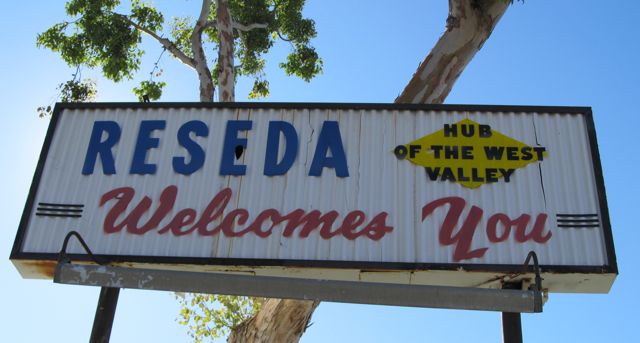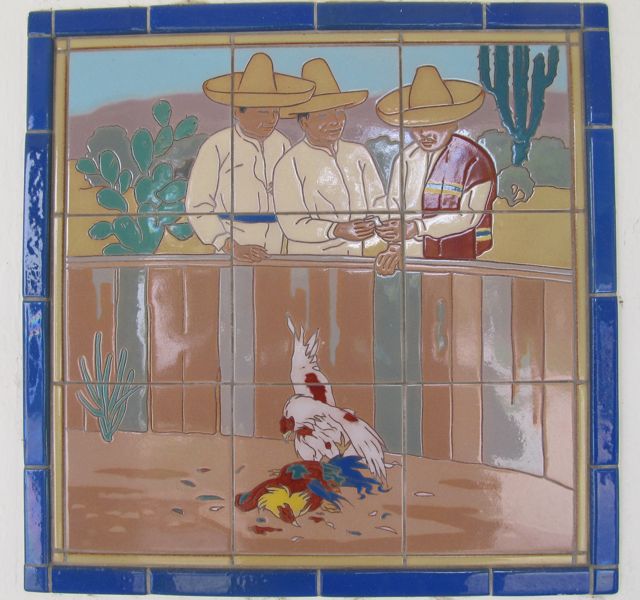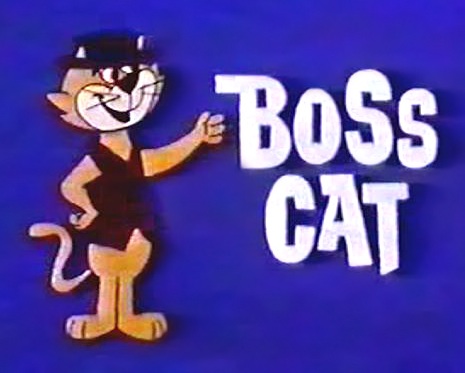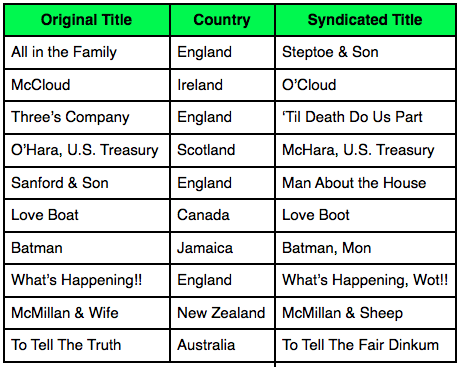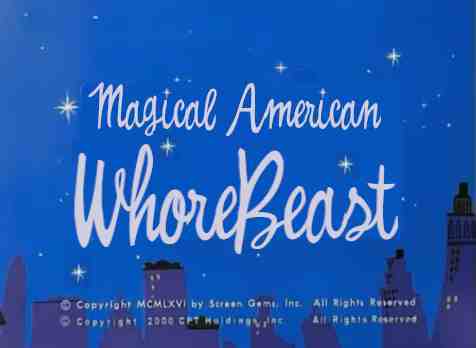-
The History of Television Syndication, Part II
YESTERDAY, we discussed how in the past when various television programs were syndicated, often the networks would change the show’s title slightly so viewers could easily distinguish between those episodes they’d seen before and first-run episodes.
Otherwise, a viewer might have tuned in during lunchtime and seen that episode of “I Love Lucy” where Lucy and Ethel get jobs in the candy factory, and that same night, watched the one where they build the barbeque; and thus be thrown into such a state of confusion and panic, he might be compelled to go out and shoot up a green stamps redemption center. By airing the reruns under the new title “The Ricardos of New York, Hollywood for a While, Europe For A Few Weeks and Eventually Westport, Connecticut” however, the potential for bloodshed diminished significantly.
Flipping to the TV listings sections in that damp, soiled heap of 40+ year old newspapers Nana Parsnips calls her bed, I found a handful of actual examples.
An example comparing both the original network title and the syndicated title of a popular television program:
The original was broadcast Saturday nights at 10 / 9 central following “Love Boat” on ABC. The syndicated version aired weekdays following “General Hospital” over most of these ABC stations. Both featured frequent appearances by Gary Burghoff and Barbi Benton.
“That’s all fine and good,” I hear you say. “We get it, we get it! Jesus, we get it! They changed the damned names. But what of our proud American television shows that were syndicated in other countries?”
It seems like a perfectly stupid question of course – that is, until you realize that the Hanna-Barbera animated sitcom “Top Cat” was known as “Boss Cat” in England. (Apparently “Top Cat”
is Cockney rhyming slang for “hedgehog penis”was the name of a popular brand of British cat food – incidentally, virtually indistinguishable from British human food.)Above: Something I found on Wikipedia so my attorney says not to knock myself out trying to properly credit the image.
Anyway, it got me to thinking: “What other title changes had occurred among our beloved television programs once they were syndicated ’round the world?” So I did some research and discovered that even in the best kind of countries – English-speaking countries, when television programs are syndicated, they often air under a different title.
Of the shows above airing in England, the name changes were made due to already extant Cockney rhyming slang terms that made the original titles obscene to a proper British audience. In all other countries, however, the new titles were necessary as the series’ original names were already in use as brands of cat food.
Of course the same show could very well be titled different things if syndicated in multiple countries. Take for instance the case of this sitcom from the early 1970s:
Clockwise from upper left: Original title, syndicated title as it appeared in the UK, Japanese syndicated title (“Misesu Gojira,” literally “Mrs. Godzilla,”) and finally, Cyrillic titles from Russian syndication of show, roughly translated as “Petite Sexy Waif.”
Other countries put their own take on various shows unique to their culture or circumstances. In Mexico, “The Brady Bunch” is known as “La Familia Pequeña.” In the Vatican, the Pope enjoys “The Flying Nun” under the title “I Can’t Believe Paul VI Got Screen Gems To Pay Us $6 Million To Put Our Seal of Approval On This Piece of Crap” and “Mr. Ed” as “Satan Horse.” In the late 1960s, then-USSR retitled “Lost in Space” as “The Heroic Adventures of Brave Dr. Zachary Smith, Secret Agent” and later simply as “Stupid American Cosmonauts.” And in France, “The Odd Couple” has been rebranded as “Felix Loves Oscar.”
We’ve heard time and time again how the rest of the world loves American culture. Therefore, it shouldn’t come as any surprise that some countries with whom we have strained diplomatic relations still crave our television shows – but also use them as tools of propaganda, as well as to entertain:
Some might argue that syndicating such shows helps to foster dangerous anti-American sentiment, and while this may indeed be the case, it’s important to remember that this is Hollywood, brother, and there’s money to be made.
In many cases, however, those who purchased the rights to broadcast quality American-produced television shows in their countries spent enormous licensing fees to do so, which often resulted in little money left over to be spent on competent translation of dialogue and plot. It’s therefore not unusual for programs airing in different countries to have a vastly different feel than what we remember seeing here in America, evident by their foreign titles alone:
Television history is filled with fascinating facts and tidbits, be it juicy behind-the-scenes stories, tedious canonical episodic data, or, as you can see, exciting information about marketing and syndication.
So perhaps the next time you catch an episode of, say, “Bewitched” on TV Land, you’ll enjoy it even more, knowing that throughout the last forty-five years and across numerous parts of the world, it’s been known variously as “Bewitched & Friends” (ABC weekday mornings, 1967-1969) “Stevens of McMann & Tate” (ABC weekday afternoons, 1970-1972), “The Adventures of Samantha” (WOR-TV, Secaucus, NJ, evenings at 6:00, 1975-1979), “Triflingly Amusing Yankee Witch” (UK, 1980s), and “Magical American Whorebeast” (Iran, current).
Ted Parsnips
?>